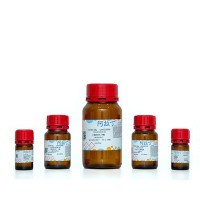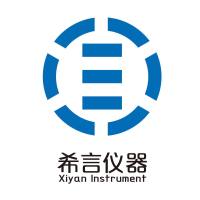Interferon-Inducible ES Cell Expression Systems
互联网

互联网

相关产品推荐

marA/marA蛋白//蛋白/Recombinant Shigella sonnei Transcriptional activator of defense systems (marA)重组蛋白
¥69

Recombinant-Human-Interferon-alpha-inducible-protein-27-like-protein-2IFI27L2Interferon alpha-inducible protein 27-like protein 2 Alternative name(s): Interferon-stimulated gene 12b protein; ISG12(b) Protein TLH29 pIFI27-like protein
¥9716

Dulbecco 磷酸盐缓冲盐水,1X ES 细胞合格,用于细胞培养, The Dulbecco's Phosphate Buffered Saline, 1X ES Cell Qualified is available in a 500 mL format & has been optimized & validated for Stem cell culture.,阿拉丁
¥139.90

MS Connection Kit for RSLC-OAS Systems with UV detection
询价

IonBench Liftable Table TH6765 100 Japan, for OAS systems
询价
相关问答

